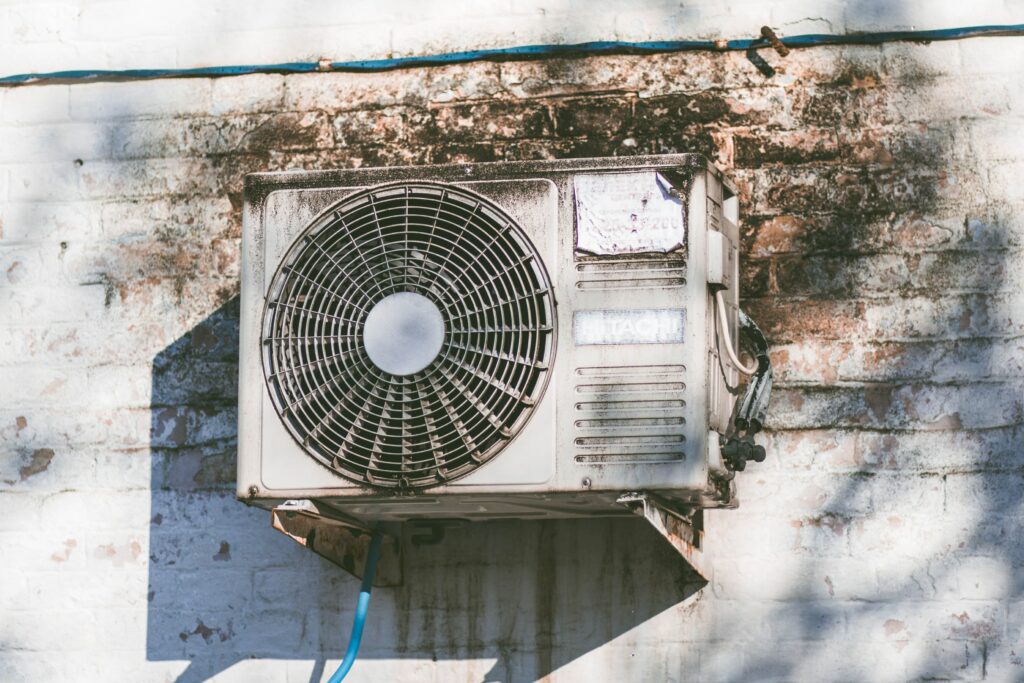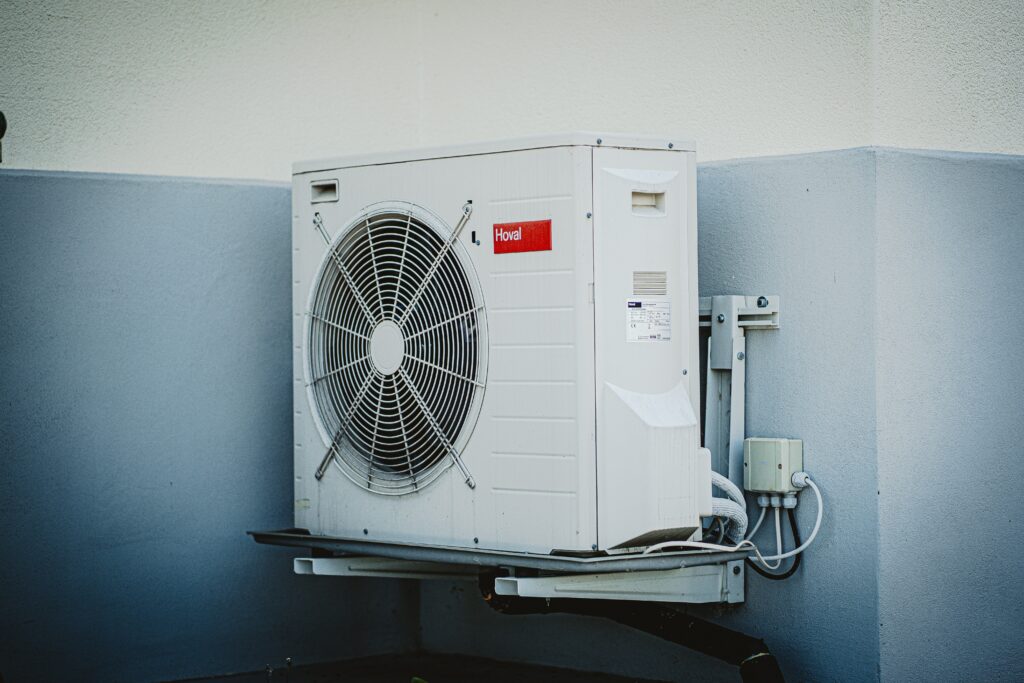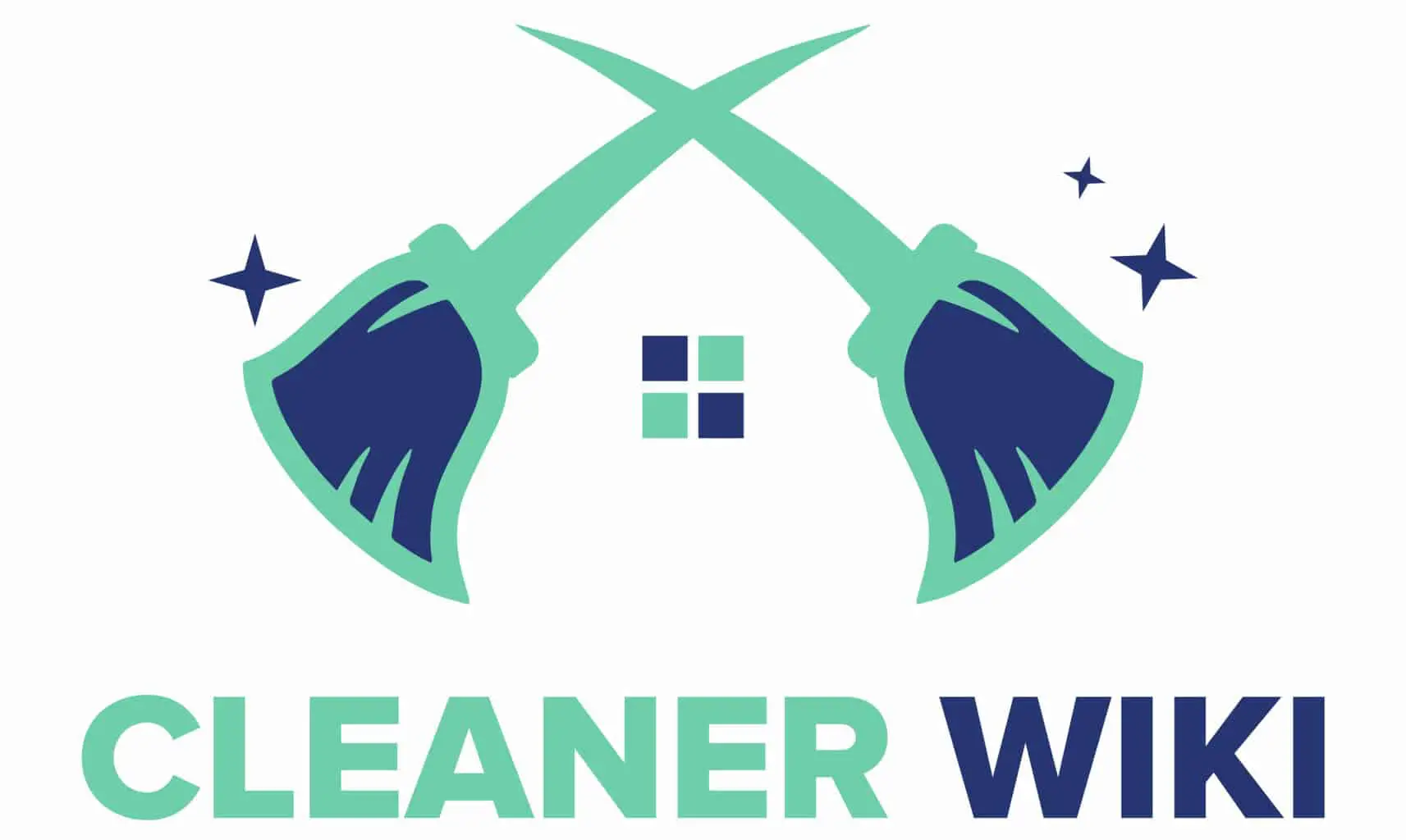As an Amazon Associate we earn from qualifying purchases.
The annual preventive maintenance on your air conditioner is important and should include a check for any issues with system components that may be out of sight. Such components are evaporator coils or condenser coils and you should clean them. If they’re not functioning properly could lead to problems in other areas like inefficient cooling!
The efficiency of an air conditioner goes down when dirty condenser coils are present. This can cause performance issues and eventually breakdowns or damages to occur, so it’s important that you clean these periodically!
Contents
Evaporator Coil & Condensor Coil
Evaporator and condenser coils are the two types of cooling system components found in air conditioners or refrigerators. They basically do their job, which is to transfer heat away from inside your house so you can remain comfortable at all times!
Your home’s air handling unit is full of mystery. The evaporator coil creates a cool vapor that gets distributed throughout each room – while condenser coils make warm water droplets which can be seen outside on an electric line during power outages or when rain washes away inches-worth with one fell swoop!
Why they Are important?
The condenser coils are one of the most important parts when it comes to your air conditioning system. They provide cold water for producing consistent and efficient cooling, which keeps our homes or businesses at comfortable temperatures even during hot times!
Also, when it comes to dehumidifying your air, condenser coils are an important part of the process. As these become colder and Contract with moisture in their surroundings. Water condenses on them before being drained away from inside of homes safely through a drain pan. At there, all excess fluids go when not using modern AC technology!
Dirt Lower their Ability
The dirty condenser coils are responsible for reducing airflow and capacity. They also tend to be moist from the dehumidification process. It makes it easy for contaminants like pollen or dust stuck in them since they’re not always cleaned regularly- leading to an overall decrease in performance of this vital part.
Just like the dirt on your laptop fans lowers its ability

Maintaining your home’s heating & cooling systems is just as important! If you notice any errors with moisture levels around these parts then we recommend having those services occasionally so that everything runs smoothly all year round.
In just a short amount of time, enough material can accumulate on the coils to affect their performance and efficiency. This is because of dirty air filters in your home’s HVAC system. Or they are unfiltered at all that increasing exposure for inflated amounts of contact with refrigerant gas. Consequently, this could lead them to become clogged over years down Rome paths
Cleaning & Maintenance Keeps Them Functioning
The best way to ensure your air conditioner is working properly and will last for years, even if you use it every day of the year (every single week!), are preventive maintenance tasks. These can include checking system codes with an HVAC tech during seasonal downtime. Or on a yearly basis before cooling season starts; make sure all repairs and adjustments/ Replaces components are done as needed.
Maintaining your air conditioning system is important for ensuring its long-term durability. Air conditioners aren’t cheap, and if you skip maintenance then the difference could be a costly repair job or few needing attention at all!
Steps To Clean Condenser Coil
The condenser coils need to be checked and cleaned as needed. If they’re prone, then monthly cleaning may be required; otherwise, every three months during the cooling season will do just fine!
1. Inspect Visually
before starting a project, you should always visually inspect your coils for any noticeable damage. If you see significant cracks or other signs that the air conditioning unit won’t work well in its current condition, then we recommend placing a call right away!
A quick visual inspection can detect significant damage before too much time has passed and help you save some money in repairs in the future!

2. Remove larger Debris
To make sure your AC runs smoothly and efficiently, it’s important to clean the coils of any large pieces of debris. This includes things like tall grass that could hinder its functionality as well leaves which can clog up ventilation systems!
Your coil fins are prone to becoming bent over time. This can be an issue if you notice that they’re not straight anymore after using a tool for maintenance purposes on your AC unit!
Use the small prongs to make it perfect. The reason is, it would need no extra force with one quick touch of a finger. This pressure is all you need when removing debris between tight crevices. It means less hassle to boot!!
3. Use Garden Hose
To clean your coils, take the garden hose and gently wet them. Next, gently spray some foaming coil cleaner onto each of these in a back-and-forth motion. Do it until they are all covered with foam-like residue that contains any dirt or dust particles currently on it!
Afterward, let sit for five to ten minutes before rinsing off completely so as not to leave behind any more grime than necessary – which can lead to not only wasted money but also to harmful chemicals if left too long without proper ventilation.
Clean With Water
If you have been cleaning your coils with a solution of vinegar or bleach, be sure to rinse them off thoroughly before soaking them in water. The fastest way I know how this does is by hitting the fins straight on. But, make sure to move slowly back and forth underneath their surface area for about 5 minutes total time – one minute per layer of wash!
Conclusion
Your air conditioning system is something that we all take for granted until it’s not there. Maintaining your AC unit doesn’t have to be such an intimidating task, which is why our team of experts is on the mission to help make sure you stay cool!
Air conditioning systems are a big investment, so it makes sense that you would want to take care of them. Skipping scheduled maintenance could lead your system down the path towards expensive repairs or even failure – not something most homeowners need on their plate!
